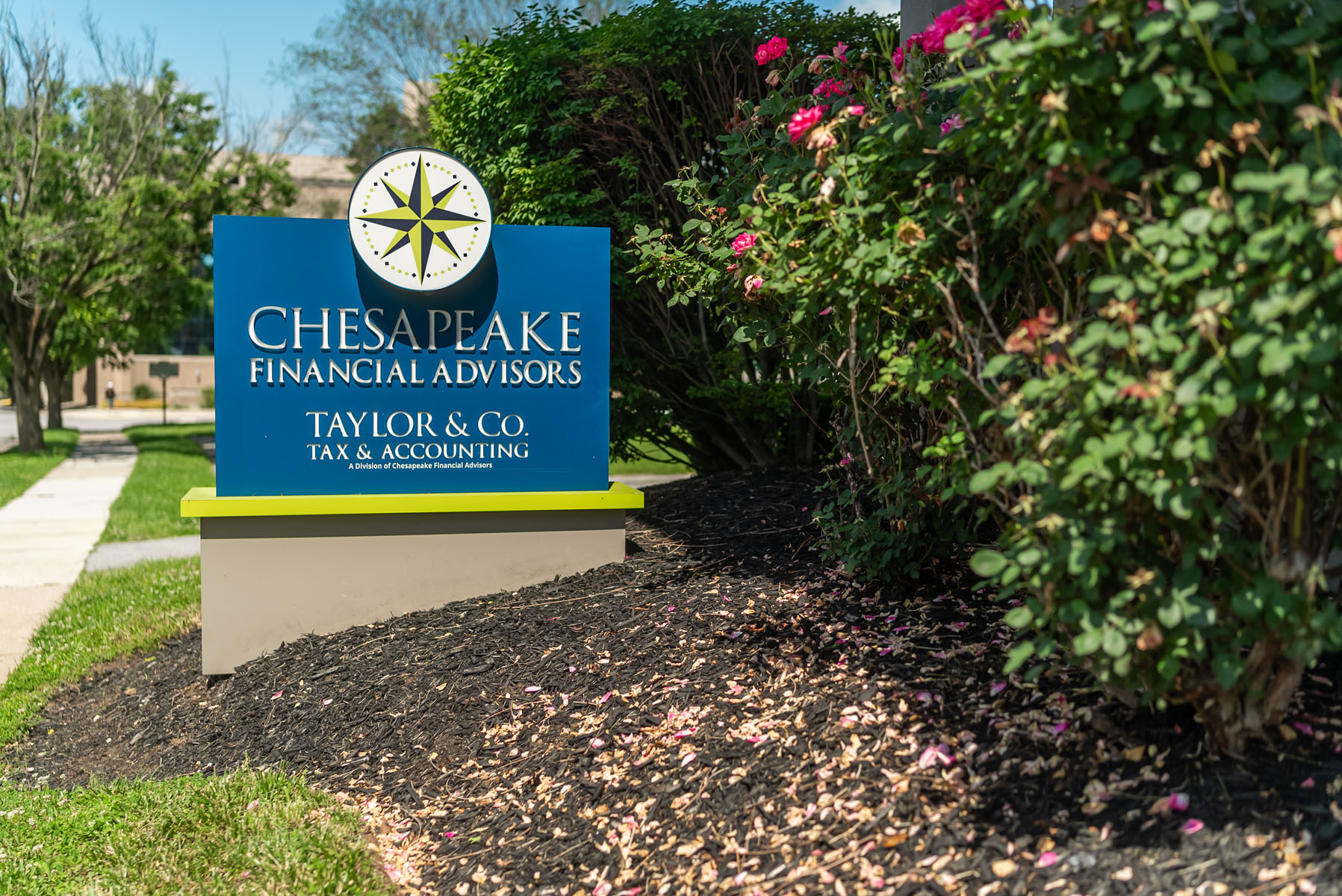2024 Annual Tax Planning & Strategy Guide We are pleased to announce the delivery of…

How to Identify the 10 Most Common Scams
In the digital age, all of our personal information can be found through a simple internet search on google. Public records are made available at the federal, state, county and city levels through the census and online property searches. Your information is easily retrieved through entering contests, mailing in warranty cards, filling out surveys, or by sharing personal information on social media. Private companies also make it easy to purchase phone numbers and addresses online for a small fee. With all of this information readily available, the internet gives scammers a comprehensive database to target their next victim.
Once the scammer has your information, there are a plethora of schemes they can use to target you. It is common among retirees to fall victim to these scams, which is why we created a list of the top 10 most common scams being used. This is certainly not a list of all of them, which is why we encourage each of our clients to call us immediately if anyone ever asks you for personal information, money or tells you that you’ve won money.
- Medicare – The scammer will claim to be a Medicare representative and ask for your Medicare Identification Number or Social Security Number. Then they use it to bill Medicare for services and keep the money. They may ask you to contribute a fee to a new healthcare initiative or tell you that you need supplemental policies.
- Sweepstakes or Lottery – This scheme is carried out by phone, mail, or by a pop up on your computer and they’ll tell you that you won a prize or lotto but to get your winnings, you must pay a fee or taxes for the prize/money. Often, you’ll be mailed a fake check for the winnings and by the time the bank rejects it, your payment has already processed. A scammer may even pose as a police officer or detective investigating lottery scams. They tell you to investigate the scam, they need your financial information.
- Counterfeit Prescription Drugs – When in search of less expensive prescription drugs, many look to the internet to save some money. Scammers know this and create fake websites offering ‘better prices’, which are actually selling counterfeit drugs that could do harm to your health.
- Investment Schemes – Scammers pretend to be financial advisors to gain access to savings and accounts. Once they get the information, they withdraw the money and disappear. Another investment scheme may be for property or a timeshare and by using a sense of urgency, they say you must act quickly to invest.
- Phone Scams/The Grandparent Scam – These are most common for retirees because the scammers claim to be a family member who is in trouble and needs money. Sometimes they’ll call and say they’re your grandchild and ask you to guess who. Once you list the name, they’ll agree and pretend to be that grandchild. They’ll tell you they’re in some sort of financial trouble and ask you to send money. They close it by telling you not to talk to anyone else in the family about their ‘situation’. Another phone scam is a call from someone pretending to be a charity in need of donations. The scammer may talk about a recent natural disaster or say they’re calling for the local firefighters and need a donation.
- IRS Imposter – A scammer calls claiming to be an IRS agent saying that you owe money for taxes and they demand that you pay or be arrested and face fines. They will claim they’ve tried to contact you multiple times and now it’s too late. They may even say you’re owed a refund from your taxes. Either way, they’ll ask for your credit card, a money transfer, or financial information.
- Malware/Computer Support Scams – Someone will contact you from tech support to install a free security program to prevent malware or viruses. They can also target you through internet ads that look like computer alerts, urging you to click/contact them. The goal here is to get access to your computer to retrieve your passwords and other financial information.
- Phishing Emails – Scammers will create emails that look almost identical to ones that come from your bank or other financial institutions. They’ll ask you to input your login information, update your bank information or credit card information. No legitimate business will ask for any personal information through an email. Do not click any links on these emails as they can also have virus’ that could hold your computer hostage until you make a payment.
- Mortgage Scheme – Most people nearing retirement or in retirement own their homes, which makes them a target for scams. The scammers claim that they can reassess their property tax and value of their home for a fee. There may also be an attempt to have you take out equity when doing a reverse mortgage or to use towards recommended home repairs.
- Funeral Fraud – Unfortunately, con artists keep track of obituaries posted in the newspaper and online. They use them to target family members of the deceased to claim that there are outstanding debts that need to be paid off immediately. Additionally, dishonest funeral homes will target individuals unaware of what a funeral should cost. They’ll sell unnecessary services and add on additional charges.
The best way to avoid getting scammed is to assume that if it seems too good to be true, it probably is. Do research on the company providing this ‘fantastic’ deal. If someone is trying to get any personal or financial information out of you, start asking them questions about who they represent. If they don’t answer or refuse then hang up. Please call us, a family member or a caregiver before giving away any personal information unless you’re completely positive it’s a trusted source.
Scammers are always coming up with new schemes. Click the link below to see the most recent scam alerts listed by the Federal Trade Commission – https://www.consumer.ftc.gov/features/scam-alerts.
If you have any questions, please call us at 410-823-5442 or send the suspicious email to us at [email protected] and we can help you determine if it is legitimate.

